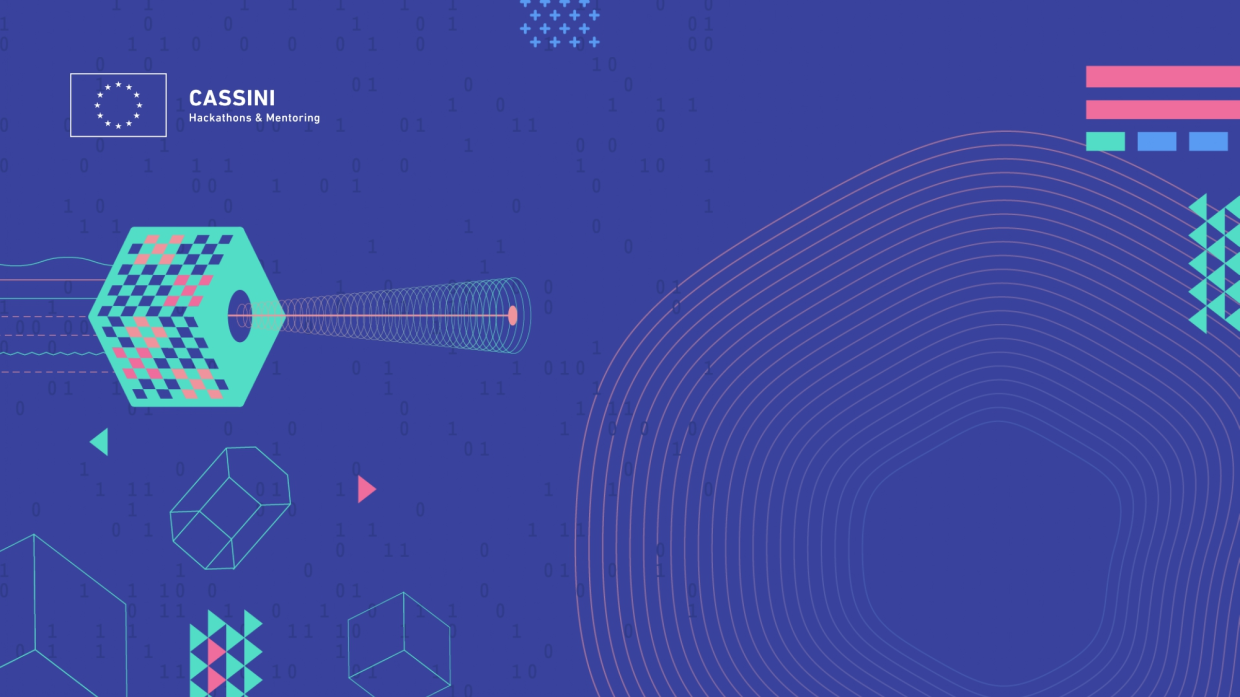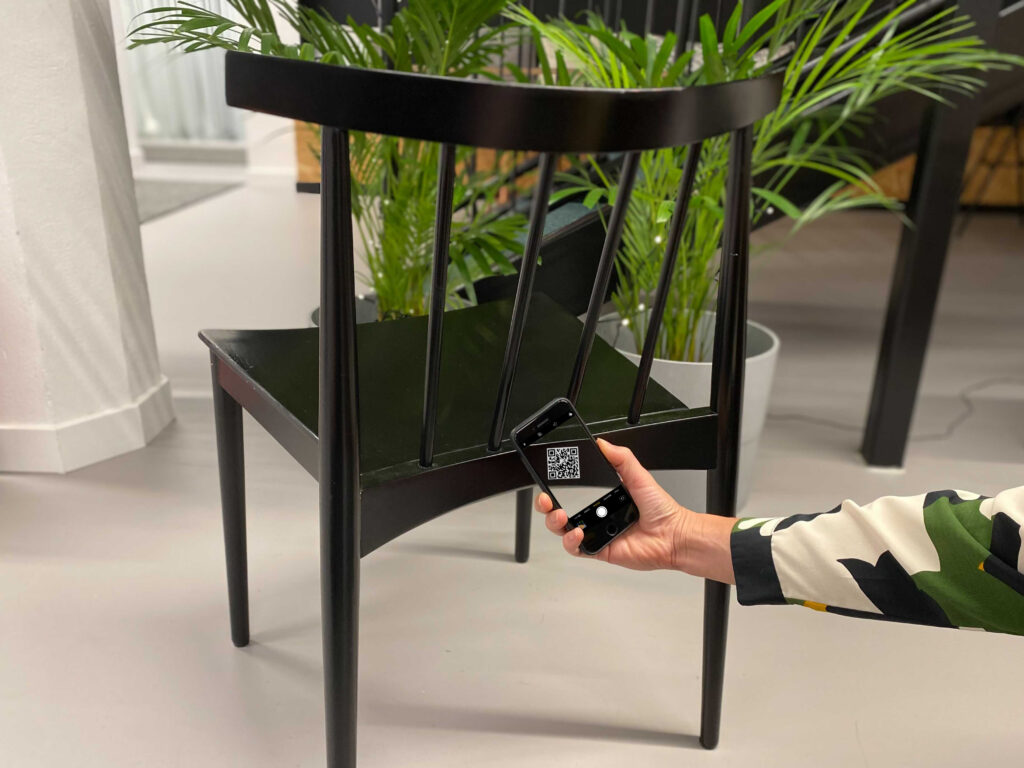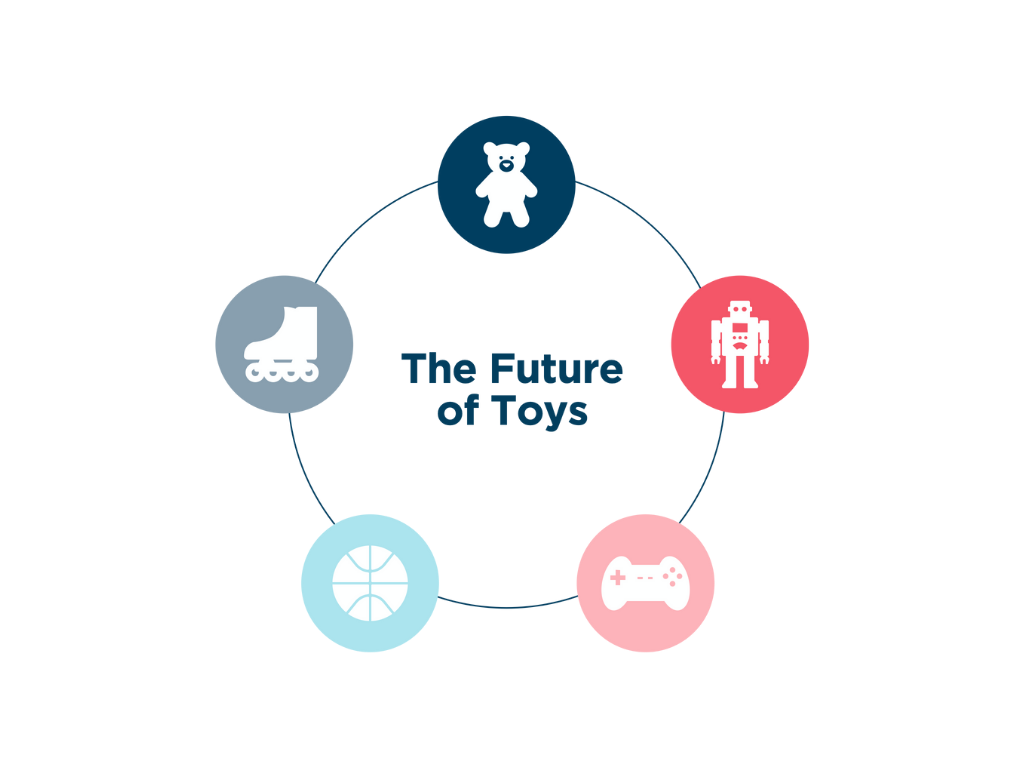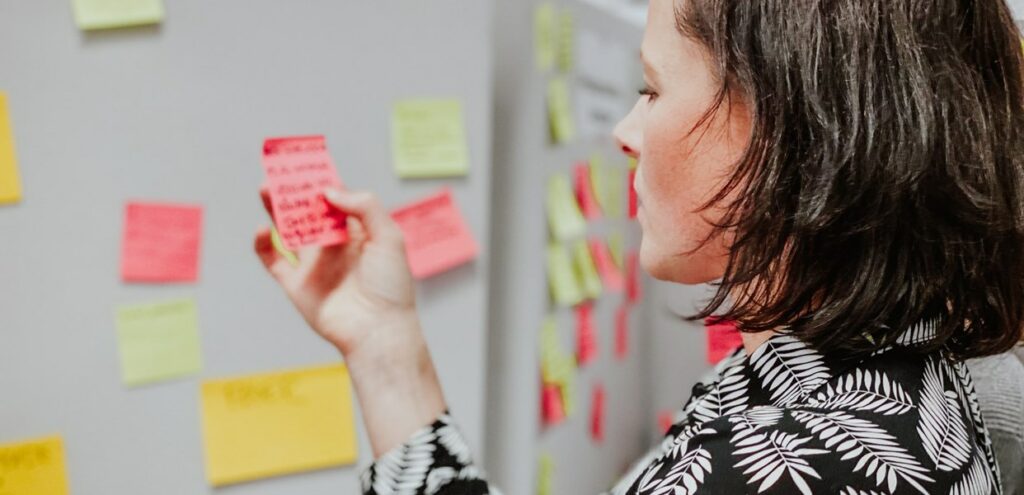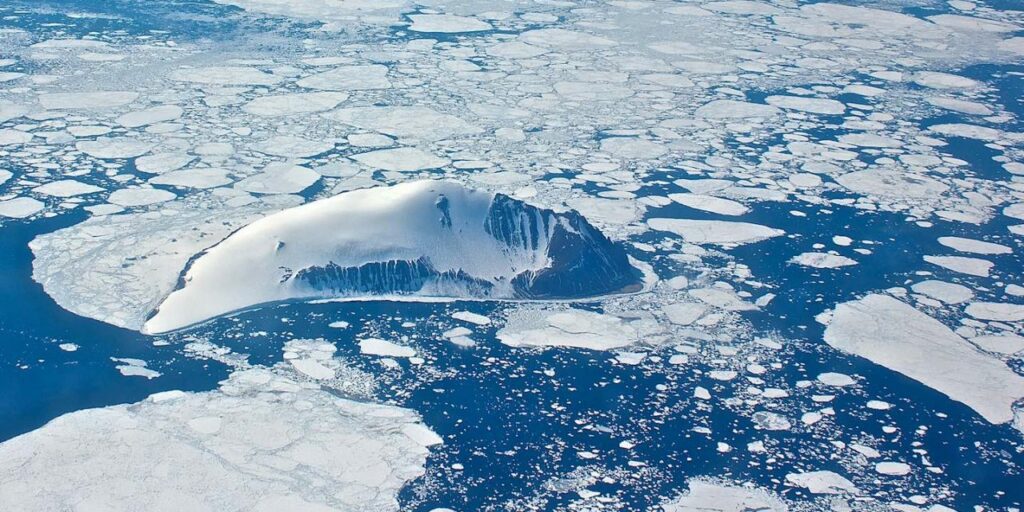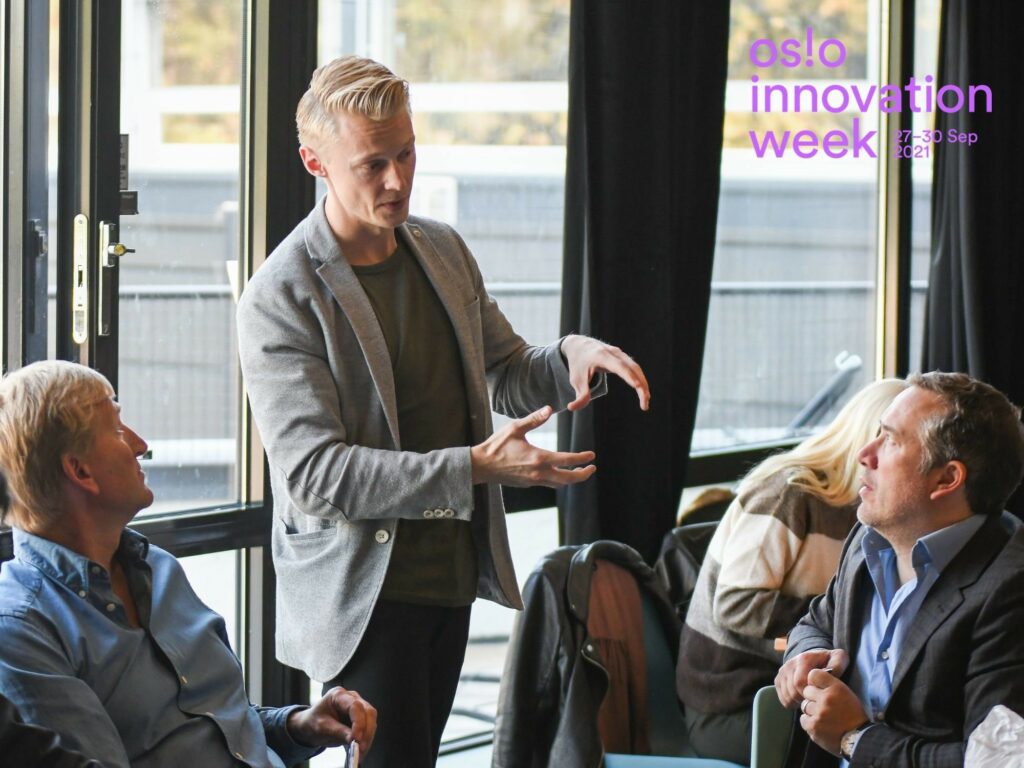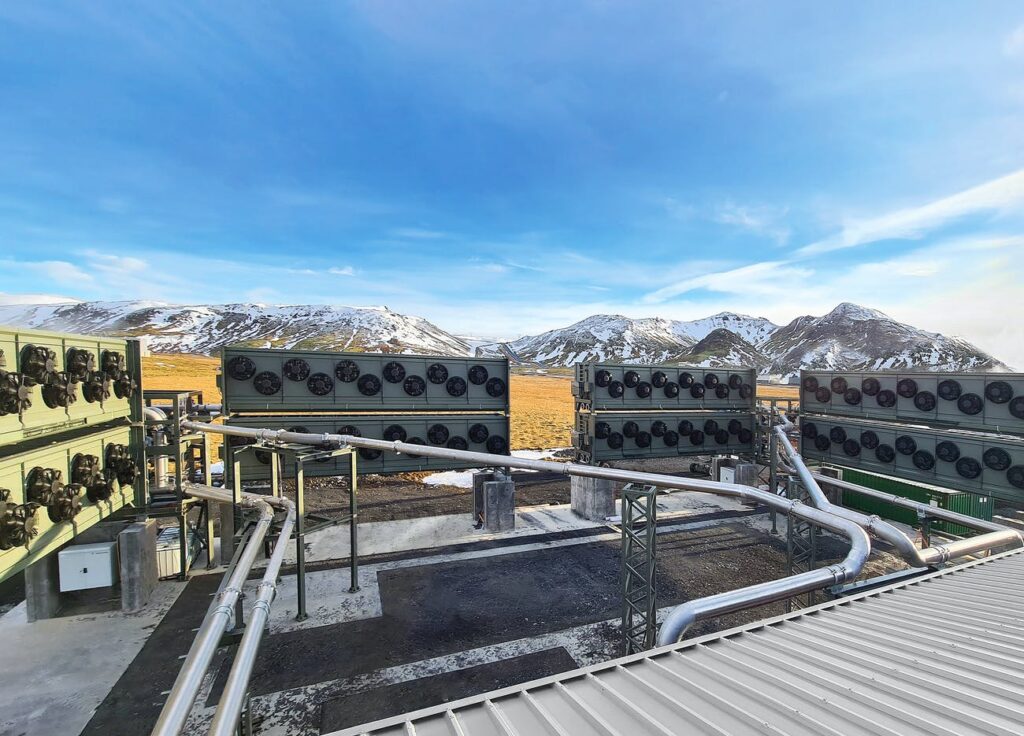The CASSINI Hackathon: EU Space data and protecting the Arctic
Startup Iceland is hosting the 2nd CASSINI hackathon in the University of Reykjavik on 5-7 November 2021. The CASSINI Hackathons are a part of the European Commission’s CASSINI entrepreneurship initiative. It is a series of six hackathons over three years that tackle global challenges with European space technologies. They engage young professionals, students and entrepreneurs with interests in coding, design and business to understand and work with Earth observations data, satellite positioning technologies and satellite communications.
The theme for this years CASSINI Hackathon is leveraging EU space
data and signals to understand and protect the Arctic region. The
hackathon will take place simultaneously across 10 European cities and
hundreds of participants will put their skills to the test and create
innovative solutions to connect the arctic.
The event in Reykjavik will be a hybrid event, hosted both online and
at the University of Reykjavik. Speakers in our hackathon will be Ari
Kristinn Jónsson, President of the Reykjavik University and former
research scientist at NASA, Bala Kamallakharan, founder of Startup
Iceland and Helgi Hrafn Gunnarsson, member of parliament.
Participants will have the weekend to work on the challenges put
forward and afterwards the best three teams will be chosen and awarded
prizes up to 5000 EUR. The hackathon is open to anyone with a passion
for entrepreneurship, the Arctic and EU space technologies.
So what are the challenges?
Safe passage at sea
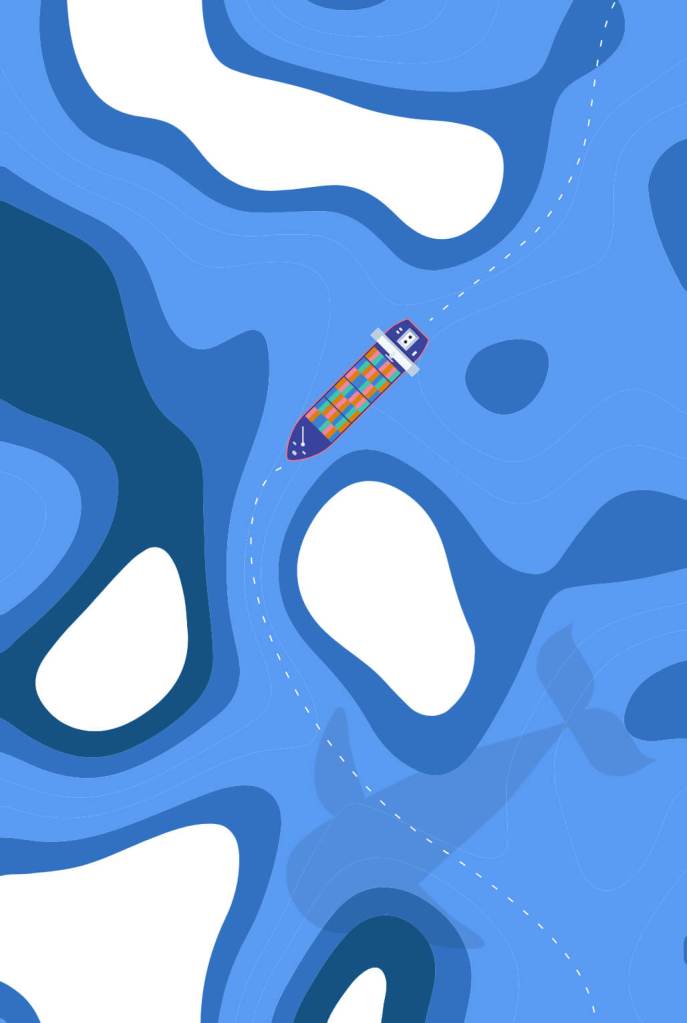
Container ships, cruise liners and fishing trawlers are just some of the many seafaring vessels that need to navigate safely in our oceans. The Arctic presents an incredibly challenging environment for these journeys with the addition of sea ice and extreme temperatures. As climates around the world are impacted by our human behaviour, conditions in the Arctic continue to change, calling for adaptive measures. Rising temperatures indicate that future shipping lanes will soon appear in the Arctic, and they will require better connectivity and accurate positioning services.
This challenge calls on bold innovators to either develop ideas or design products, devices or services that ensure seafaring vessels have safe passage at sea. Leverage European space data, information and signals from secure connectivity infrastructures, Copernicus, Galileo and EGNOS to bring your concept to life. Choose from the following solution area:
– Navigation route optimisation
– Extreme weather and sea ice warnings
– Environmental disaster and emergency management
– Support for the development and connectivity of future shipping lanes
Life on land
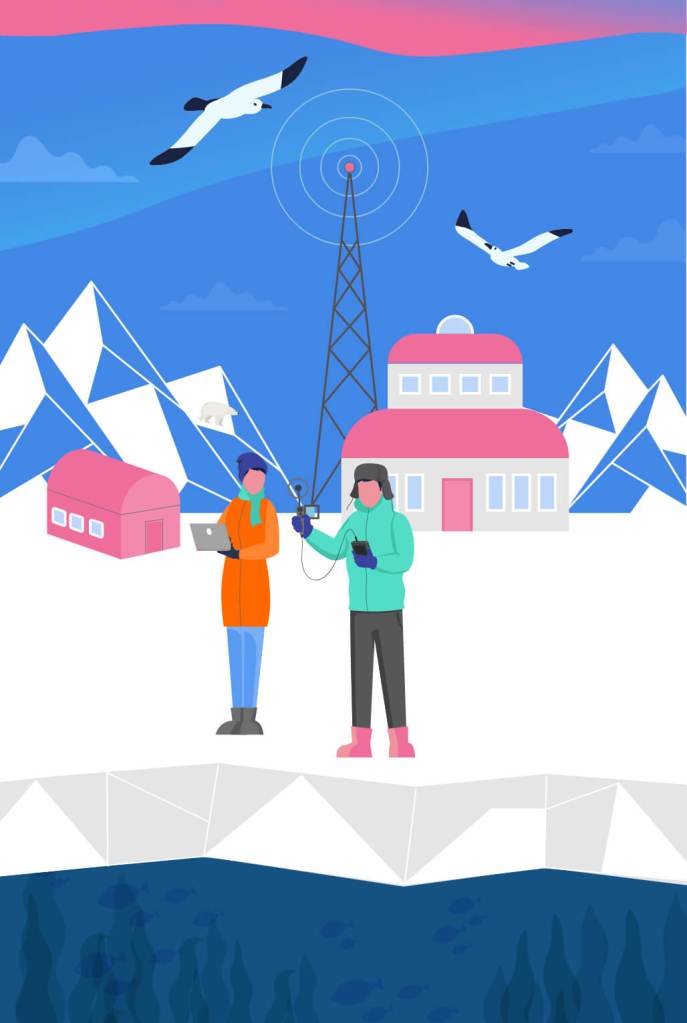
Countries in the Arctic polar region experience seasonally varying snow and ice cover, as well as extreme cold weather conditions. These countries, along with the people and plants that inhabit them, are particularly susceptible to the effects of climate change, such as rising air and water temperatures and melting sea ice. Several remote research stations are located in the region, and their occupants would greatly benefit from innovative connectivity and communication solutions.
This challenge calls on bold innovators to either develop ideas or design products, devices or services that improve our understanding of the effects of climate change in Alaska, Russia, Canada and the Nordic countries, or mitigate the impacts of these changes. Leverage European space data, information and signals from secure connectivity infrastructures, Copernicus, Galileo and EGNOS to bring your concept to life. Choose from the following solution area:
– Environmental monitoring & climate change mitigation
– Renewable energy exploration
– Environmental protection
– Improving connectivity (higher speeds and lower latency) for research stations in remote areas
Caring for our wildlife
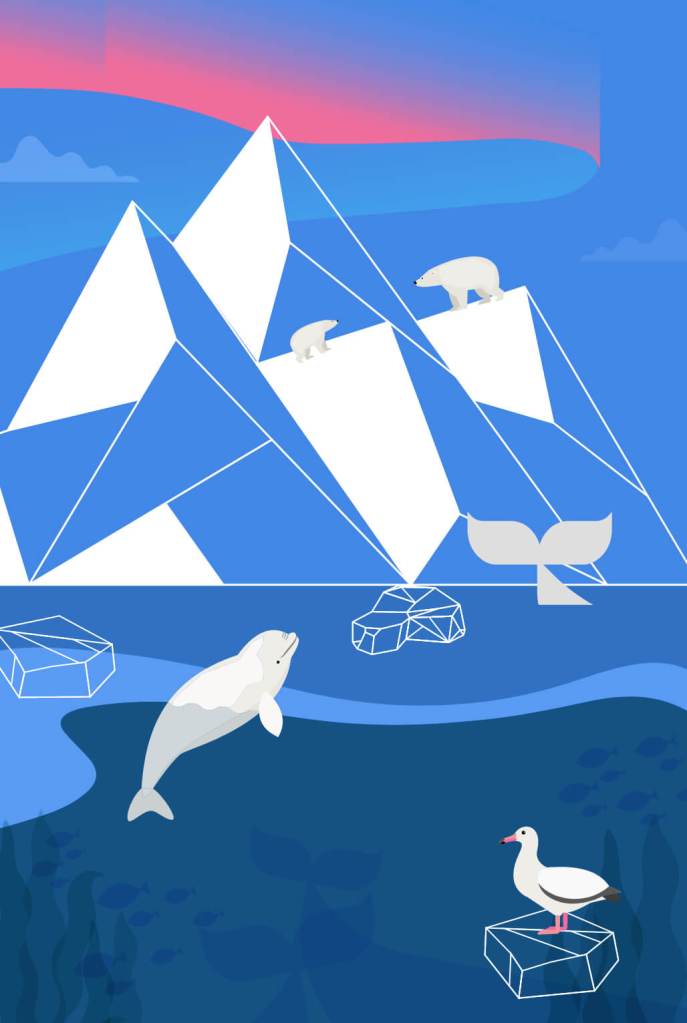
Wildlife in the Arctic includes many species of fish and marine mammals, birds and land animals. As human activity and industry looks to expand throughout untapped areas of our planet, the natural habitats of these animals become threatened. Rising temperatures also endanger the lives of animals who call the ice their home and whose food comes from the surrounding areas.
This challenge calls on bold innovators to either develop ideas or design products, devices or services to better understand and protect wildlife in the Arctic. Leverage European space data, information and signals from secure connectivity infrastructures, Copernicus, Galileo and EGNOS to bring your concept to life. Choose from the following solution areas:
– Protecting marine biodiversity
– Understanding and forecasting migration routes
– Understanding the effects of climate change on natural habitats
– Understanding and mitigating the effects of exploration and development on wildlife
Submit ideas:
Participants will also have the opportunity to submit their own ideas of a challenge to Startup Iceland. Deadline for the submissions in October 15th. Submissions can be sent in here.
If you interested in participating in the CASSINI Hackathon in Reykjavik application are open from the 1st of September, apply here and we’ll see you at Reykjavik University this November.

